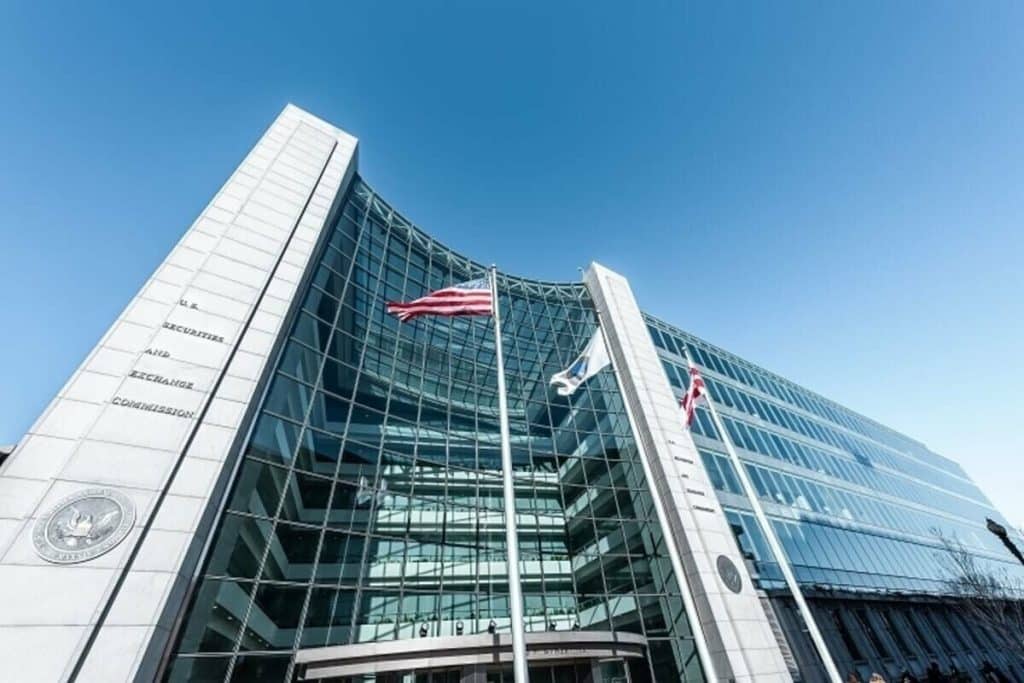SEC Lawyers Warned by Judge for ‘Misleading’ Request in Crypto Case

A federal judge has warned attorneys from the Securities and Exchange Commission (SEC) regarding their “false and misleading” arguments in a court filing.
The attorneys are accused of persuading the court to freeze the assets of a cryptocurrency firm based on misleading information, as revealed in a court order.
The order, issued by U.S. District Judge Robert Shelby of the U.S. District Court in Utah, highlights concerns about the SEC’s attorneys making deceptive claims regarding the crypto project Debt Box’s alleged attempts to transfer its assets and investors’ funds overseas.
These arguments led the court to freeze the project’s bank accounts.
Judge Shelby emphasized that the SEC’s “misrepresentations… undermined the integrity of the case’s proceedings” and caused “irreparable harm” to Debt Box.
Sanctions, as defined by Law.com’s legal dictionary, are penalties imposed by a court on individuals who knowingly provide false statements or violate court procedures.
In civil law, these penalties often take the form of monetary fines.
Initially, the federal judge had imposed a temporary restraining order on Debt Box in August, restricting the company’s access to its assets.
However, the order was later dissolved after Debt Box demonstrated that it had not moved any funds outside the U.S. or closed its bank accounts, as claimed by the SEC.
Debt Box’s lawyers highlighted this information in a filing.
At the time of reporting, the SEC’s Utah office had not responded to requests for comment on the matter.
SEC Alleged that Debt Box Sold Unregistered Securities
The SEC initially filed a lawsuit against Debt Box in July, alleging that the company engaged in selling unregistered securities known as “node licenses” since 2021.
Debt Box purportedly misled investors by claiming that these licenses would mine cryptocurrency and increase in value.
However, according to the SEC’s original complaint, Debt Box was actually minting the cryptocurrency themselves using computer code.
In response to the judge’s findings, Judge Shelby has requested the SEC’s attorneys to provide a response addressing the lack of context and factual basis in their arguments regarding Debt Box’s alleged attempts to move funds overseas.
The regulator has been given a two-week period to respond to this inquiry, as stated in the order.
This is not the first time the SEC has been under scrutiny for its regulatory approach.
Back in June, Congressman Ritchie Torres asked the agency to provide clear rules for crypto instead of “indiscriminately” treating the majority of crypto assets as securities under its purview.
Torres penned an open letter to SEC Chairman Gary Gensler, expressing his discontent with the agency’s failure to issue clear guidance to the cryptocurrency industry.
“Under Chair Gensler, the SEC has not issued a single rule on crypto assets, nor has it given any clear guidance,” said Torres.
“All it has done is sent mixed messages, one after the [other], not only contradicting the CFTC but often contradicting itself.”








